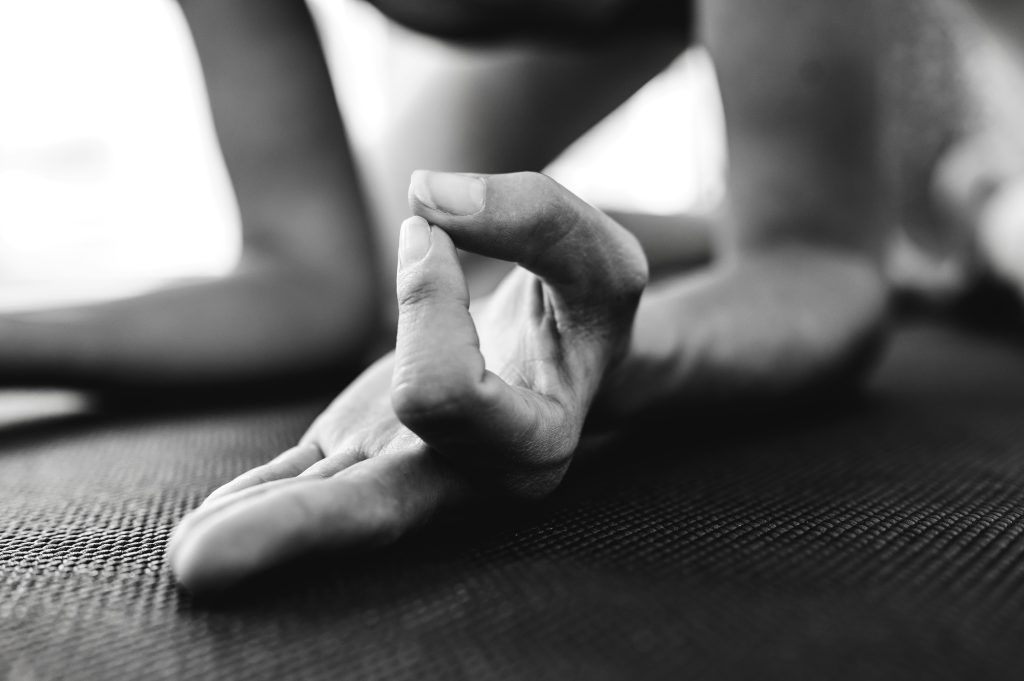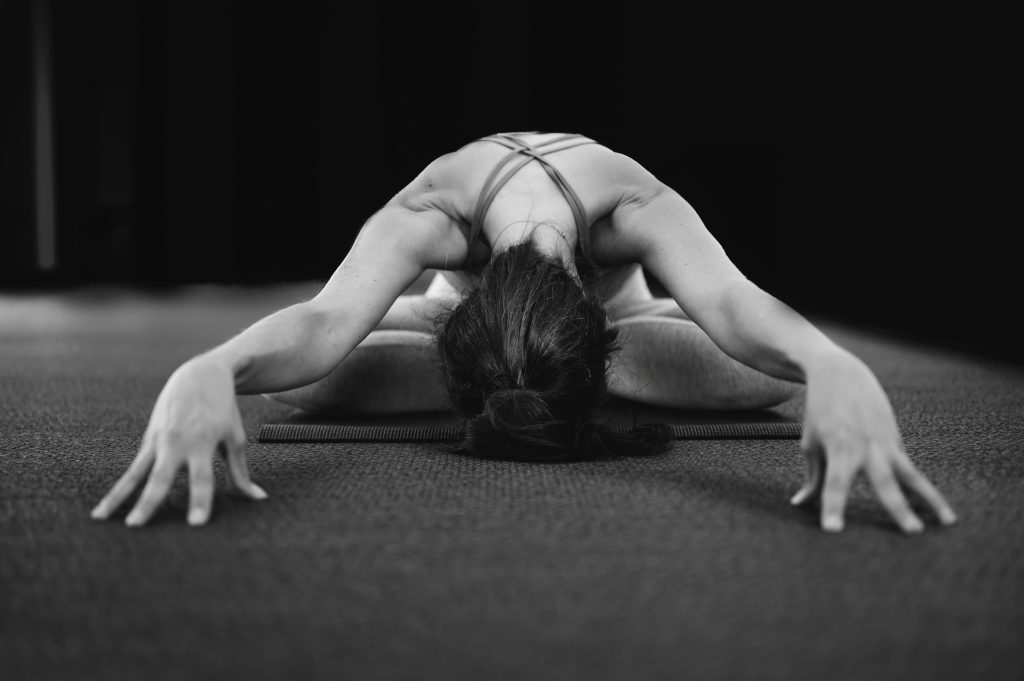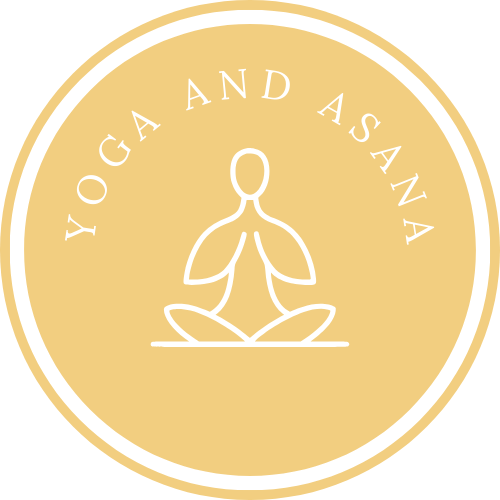Harmonizing the Mind: Yoga’s Role in Easing Depression
The journey towards mental wellness often leads to various therapeutic paths, and yoga has emerged as a promising route for those battling depression. This time-honored practice, deeply rooted in the synthesis of physical and mental disciplines, presents a comprehensive approach to alleviate symptoms of depression. Yoga intertwines physical poses, controlled breathing, and meditative practices to create a holistic experience that nurtures both the body and the mind.

Uniting Body and Mind for Healing
Yoga’s efficacy in addressing depression primarily lies in its ability to foster a profound connection between the body and mind. The asanas, or physical postures in yoga, focus on enhancing strength and flexibility while instilling a sense of groundedness. Engaging the body in this way helps to ease physical manifestations of depression such as tension and lethargy, subsequently leading to a calmer and more centered mind.
The Power of Breath in Alleviating Stress
In the realm of yoga, pranayama, the art of breath control, is a key component in managing depression. These breathing techniques are designed to regulate the body’s response to stress, encouraging a transition from a heightened state of anxiety to one of relaxation. By lowering stress-related hormones, such as cortisol, these practices can significantly improve mood and alleviate symptoms of depression.
Mindfulness and Meditation: Pathways to Serenity
Central to yoga are the practices of meditation and mindfulness, which offer a refuge from the tumultuous thought patterns often associated with depression. These practices encourage a non-judgmental awareness of the present moment, allowing individuals to step back from negative thoughts and emotions. This ability to detach from harmful mental patterns is crucial in reducing the cycle of depressive thoughts.
The Value of a Supportive Yoga Community
Yoga is more than just a solitary practice; it often brings individuals together, creating communities that offer support and understanding. For those dealing with depression, such communal environments can counter feelings of isolation and provide a space for shared growth and healing.
Yoga’s Scientific Endorsement
A growing body of research supports yoga’s benefits in alleviating depressive symptoms. Studies have shown that consistent yoga practice can lead to significant improvements in mood and emotional regulation, rivaling traditional treatments like psychotherapy and medication. The focus on self-awareness in yoga is particularly beneficial for managing the psychological aspects of depression.
Empowerment Through Practice
Engaging in yoga allows individuals to actively participate in their mental health journey. This empowerment, born from mastering control over one’s body and mind through yoga, can be transformative for those feeling overwhelmed by depression.

While yoga is not a complete cure for depression, its multifaceted approach provides a valuable supplement to traditional therapies. By addressing the physical, emotional, and mental facets of depression, yoga offers a gentle yet effective means of supporting mental health and fostering a journey towards inner peace and balance.
